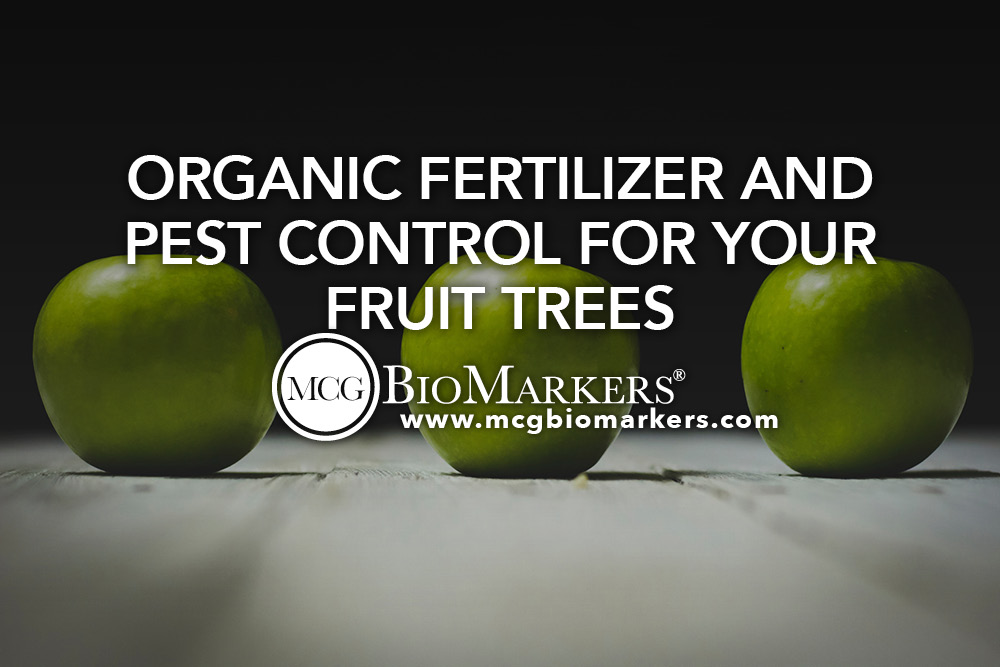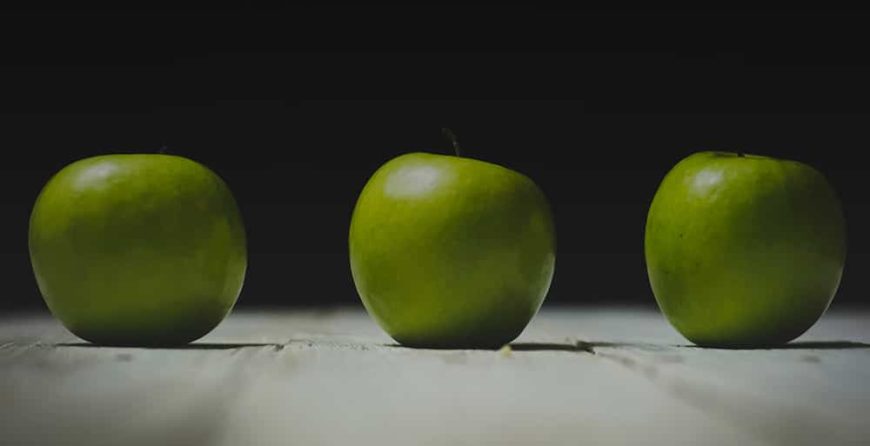 Spring is in the air and soon the warmth of summer will be here, which means you’re dying to get into your organic garden. If you have fruit trees on your property, now is a good time to think about prepping them for the upcoming season.
Spring is in the air and soon the warmth of summer will be here, which means you’re dying to get into your organic garden. If you have fruit trees on your property, now is a good time to think about prepping them for the upcoming season.
Today, we’re taking a look at some ways you can use organic fertilizer to look after your fruit trees and what you can do to keep them safe from pests.
When to Fertilize Your Fruit Trees
The best time to apply fertilizer to your fruit trees is right before the buds break. If you were a little late to the game and the buds have already started to bloom, you can still fertilize until June.
Avoid fertilizing your fruit trees in the summer or fall, however, because the new growth can be damaged by frost. Try to avoid jumping the gun too. Wait until spring is at least one month away.
Measure Your Trees
One thing to keep in mind is that not all fruit trees require annual fertilizer, nor do they need the same amounts as before. The good thing is that fruit trees are good at communicating how much they need, we just need to pay attention.
Here’s how you can tell:
Measure from the growth ring all the way out to the end of the branch. Do this in several spots so you have a decent idea. Then, average them out compared to last year’s annual growth. If your tree had minimal growth, you should add fertilizer.
If you’re pruning the tree more than it was typically pruned last year, don’t use fertilizer.
Using Organic Fertilizer
The best fertilizers for fruit trees are the ones that are high in nitrogen. Popular choices are blood meal, soybean meal, earthworm castings, composted chicken manure, and cottonseed meal.
You can also scour the market for organic fertilizers made specifically for fruit trees.
Conducting Pest Control
One of the biggest concerns organic gardeners have when taking care of fruit trees is keeping pests away. Obviously, the last thing you want to spray on your juicy pears or apples is a bunch of synthetic pesticides. Here’s what you can use instead:
Neem Oil: This oil is derived from the neem tree and is an all-purpose spray that’s safe for organic gardening. Neem oil will help control undesirable insects and fungal diseases from attacking your fruit trees without harming the fruit or the plant itself. It is non-toxic to mammals, so you don’t have to fret about using or being near it. Neem oil is great for controlling the aphid and spider populations too.
Jojoba Oil: Used just like neem oil, jojoba treats and controls many of the same pests and diseases. It is derived from the seed of the jojoba plant, which is found in California, New Mexico, and Arizona.
Applying Organic Pesticides
Much like synthetic versions, organic pesticides and fungicides should be used correctly in order to avoid damage to the tree. Each brand and type will come with directions on the back that should be followed carefully in order to prevent damage to the tree and harm to you. Generally, most pesticides and fungicides should be applied when the temperature is between 40 and 90 degrees Fahrenheit. Apply them when the weather is dry for 24 hours.


